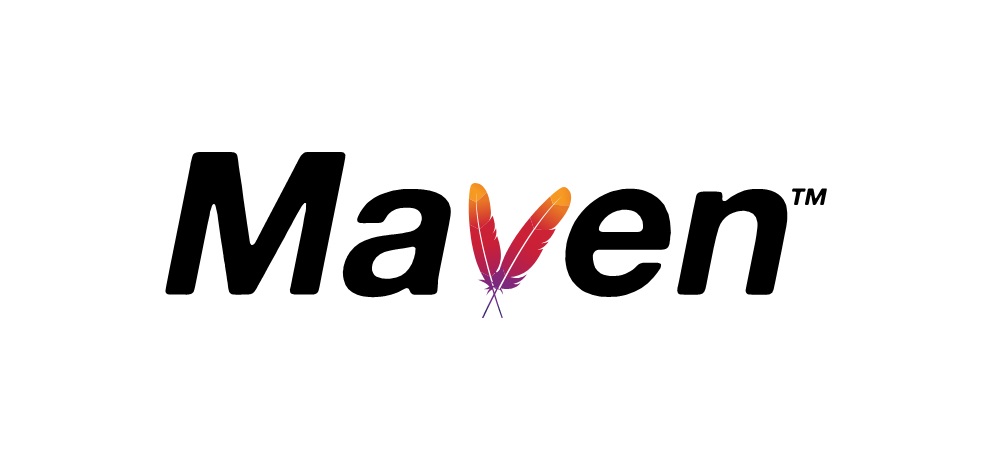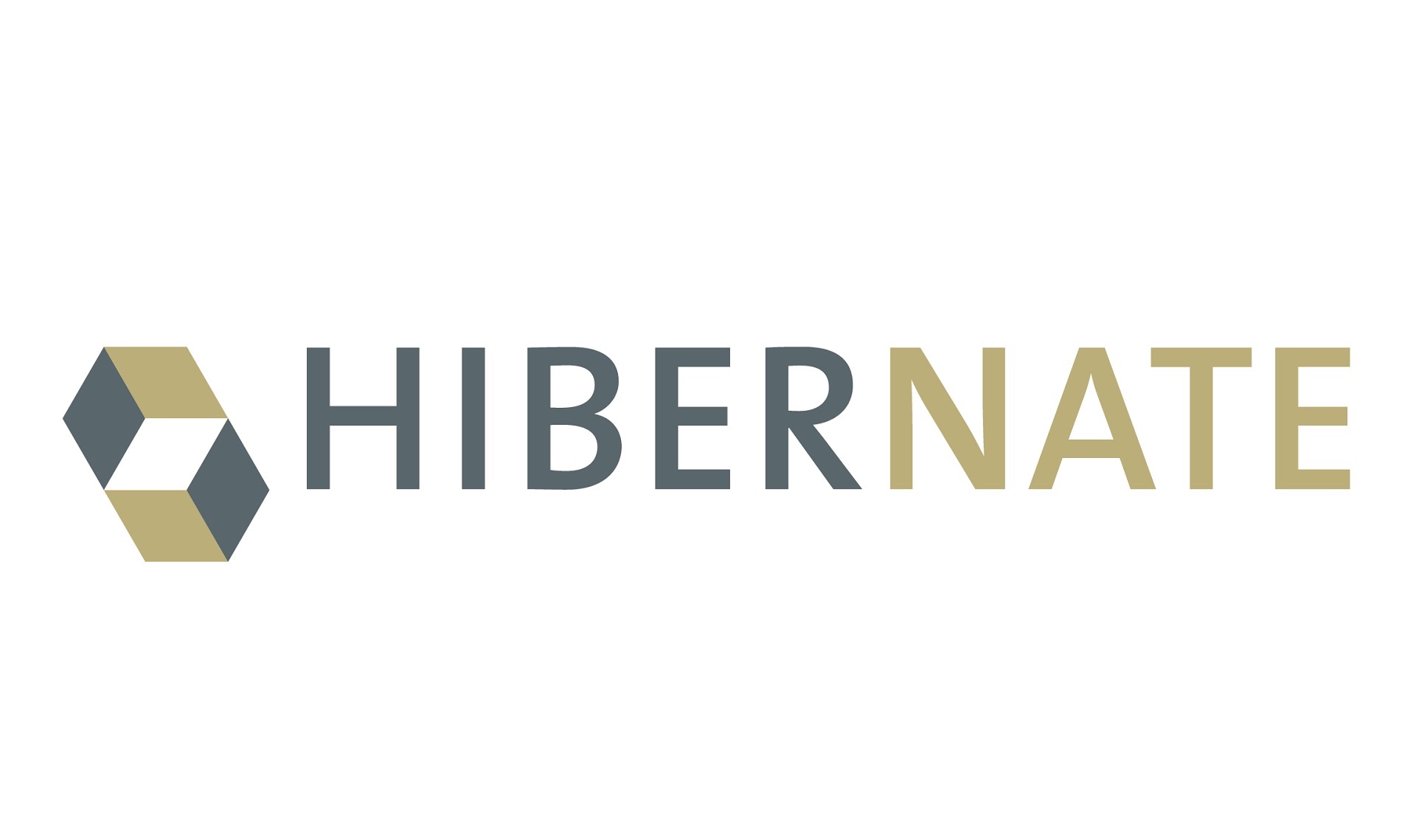All about blockchain technology
Published

Blockchain technology is a decentralized, transparent and secure method of storing and transferring digital information. It is based on a distributed network of computers, known as "nodes", which communicate with each other to create a shared database, the Blockchain to create and maintain.
| Feature/property | Description |
|---|---|
| Decentralization | The blockchain is a decentralized network of computers (nodes) that jointly maintain a database. |
| Transparency | All transactions and information in the blockchain are visible to all participants in the network. |
| Security | The blockchain uses cryptographic processes to ensure the security and integrity of the data. |
| Immutability | Once transactions and data have been stored in the blockchain, they cannot be reversed or manipulated. |
| Consensus mechanism | A mechanism used to achieve unity and trust in the network and to validate new blocks. |
| Smart Contracts | Self-executing contracts that are automatically executed when certain predefined conditions are met. |
| Areas of application | Blockchain is used in areas such as cryptocurrencies, supply chain tracking, healthcare and more. |
| Scalability | The blockchain's ability to scale efficiently as the number of participants and transactions increases. |
| Public vs. private blockchain | Differentiation between blockchain networks with public access and those with restricted access. |
For those who don't like reading, here is a brief explanation:
A blockchain consists of a chain of blocks, with each block containing digital transactions or information. Each block contains a unique identifier (hash), a timestamp and the hash of the previous block. This structure ensures the integrity and immutability of the stored data. Each new block is validated by a consensus mechanism, such as proof-of-work or proof-of-stake, and appended to the existing chain.
Blockchain technology offers several important features:
- Decentralization: The blockchain is a decentralized network that is operated by many computers (nodes). There is no central authority that controls the data. Each node in the network stores a copy of the entire blockchain and validates transactions independently.
- Transparency: All transactions and information in the blockchain are visible to all participants in the network. Transparency enables participants to check the integrity of the data and strengthen trust among each other.
- Security: The blockchain uses cryptographic processes to ensure the security of the stored data. Each block contains a hash of the previous block, which means that any manipulation of data recognition would be immediately apparent. In addition, the data is generally stored in a decentralized manner, which makes the blockchain resistant to failures and attacks.
- Immutability: Once a block has been added to the blockchain, it can no longer be reversed or manipulated. The transactions are permanent and cannot be changed, which offers a high level of trust and security.
- Blockchain technology is used in various areas, in particular in cryptocurrency (e.g. Bitcoin, Ethereum), but also in supply chain tracking, in the Healthcare digital identities, the processing of financial transactions and much more. It enables the secure and efficient transfer of digital assets and the creation of trustworthy systems without a central control authority.
- It is important to note that there are different types of blockchains, including public (public access for all) and private (restricted access for selected participants) blockchains. The exact implementation and functionality may vary depending on the blockchain platform and application.
Blockchain technology offers a wide range of Career opportunities and has experienced strong growth in recent years. As blockchain is used in various industries such as finance, healthcare, insurance, logistics and more, numerous career opportunities are opening up.
If you want to acquire new skills or expand your existing skills, Skillshare is for you. Please click here to access the Skillshare learning platform and gain new insights into a wide range of topics.
How long has the blockchain existed?
Blockchain technology as we know it today was first introduced in 2008, when a person or group of people with the pseudonym "Satoshi Nakamoto" published a white paper entitled "Bitcoin: A Peer-to-Peer Electronic Cash System". The white paper laid the foundations for blockchain technology and described the first application of blockchain, the cryptocurrency Bitcoin.
In January 2009, the first version of the Bitcoin software was released, which included the implementation of the blockchain for recording Bitcoin transactions. This officially introduced the blockchain and formed the backbone of the Bitcoin network. The Bitcoin blockchain is a public blockchain that enables transactions between participants to be processed securely, transparently and decentrally.
However, since the introduction of the blockchain for Bitcoin, other variants and implementations of the blockchain have developed. Other cryptocurrencies such as Ethereum, Ripple, Litecoin and many more also use blockchain technology for various purposes.
In addition, blockchain technology has been extended beyond the cryptocurrency space to various industries and use cases. Companies and organizations are recognizing the potential of blockchain to improve transparency, security and efficiency in areas such as supply chain tracking, finance, healthcare, energy, digital identities and more.
Blockchain technology has undergone rapid development since its introduction and continues to be researched and improved to drive new applications and innovations.
Why is the blockchain industry growing?
The blockchain industry is growing for several reasons:
- Decentralization and trust: Blockchain technology enables decentralized data storage and transaction processing without a central controlling authority. This promotes trust, as all participants have access to the same information and manipulation of the data is virtually impossible. This aspect of transparency and security attracts companies and organizations looking for trustworthy solutions.
- Efficiency and cost savings: Blockchain offers the opportunity to automate processes and bypass intermediaries, which can lead to efficiency gains and cost savings. By simplifying and automating transactions, companies can save time and resources.
- New business models: Blockchain enables the creation of new business models and the transformation of existing industries. Through the introduction of tokenization and smart contracts, digital assets can be created, traded and managed. This opens up new opportunities for crowdfunding, digital identities, supply chain tracking, financial services and more.
- Growing acceptance and adoption: Over time, the acceptance of blockchain technology has increased. More and more companies and governments are recognizing its potential and starting to use blockchain solutions. This has led to increased interest and demand for professionals in the blockchain industry.
- Research and development: Blockchain technology is still relatively young and is in a constant state of development. New innovations, protocols and applications are constantly being researched and developed to improve the performance and scalability of blockchain. This continuous development attracts developers, researchers and investors.
- Regulatory environment: The regulatory environment for blockchain has developed positively in some countries. Laws and regulations have been introduced that provide clarity and security. This has helped to strengthen confidence in blockchain technology and encouraged companies to become active in this area.
These factors have contributed to the blockchain industry experiencing significant growth. Companies and organizations are recognizing the potential of the technology and are investing in the development and implementation of blockchain solutions. At the same time, the growing industry is also attracting talent and investment, leading to a positive growth scenario.
Career opportunities in the blockchain industry
| Career opportunity | Description |
|---|---|
| Blockchain developer | Designs, develops and implements smart contracts, decentralized applications (DApps) and blockchain solutions. |
| Blockchain architect | Conceptualizes and designs blockchain solutions, designs technical architectures and ensures scalability, security and performance of the blockchain infrastructure. |
| Blockchain-Consultant | Advises companies on the implementation and integration of blockchain technologies, analyzes business processes and develops implementation strategies. |
| Blockchain security expert | Focuses on the security of blockchain networks and applications, conducts security audits and implements security measures. |
| Blockchain Product Manager | Develops and manages blockchain products and services, defines product requirements and brings solutions to market. |
| Blockchain-Analyst | Collects, analyzes and interprets data from blockchain networks, gains insights and knowledge for decision support. |
| Blockchain-Jurist | Specializes in the legal aspects of blockchain, advises on compliance issues, designs regulations and assists with smart contracts and token economies. |
There are many career opportunities in the blockchain industry. Here are some of the most important ones:
Developer
Developers are in high demand in the blockchain industry. There are two types of developers who can work in the blockchain industry:
Smart contract developer
Smart contract developers are responsible for the development of smart contracts. Smart contracts are self-executing contracts based on blockchain technology. They make it possible to execute contracts automatically without the need for a third party. Solidity is one of the most popular technologies in blockchain development.
Blockchain developer
Blockchain developers are responsible for the development of blockchain applications. They are responsible for programming blockchain technology and developing applications based on blockchain technology.
Cryptography experts
Cryptography experts are responsible for the security of blockchain technology. They are responsible for the development of encryption technologies and the security of blockchain technology.
Blockchain analysts
Blockchain analysts are responsible for analyzing blockchain data. They are responsible for monitoring blockchain transactions and identifying trends and patterns.
Blockchain-Consultants
Blockchain consultants are responsible for advising companies on the implementation of blockchain technology. They are responsible for identifying application areas and developing strategies for the implementation of blockchain technology.
Marketing experts
Marketing experts are responsible for marketing blockchain technology. They are responsible for the development of marketing strategies and the commercialization of blockchain technology.
How to get started in the blockchain industry
There are various ways to get into the blockchain industry. Here are some of the most important ones:
Education and certification
An education in computer science or a related field is a good starting point for a career in the blockchain industry. There are also special courses and certifications that focus on blockchain technology.
Practical experience
Practical experience is very important in the blockchain industry. There are many opportunities to gain practical experience, such as participating in hackathons or working on open source projects.
Networking
Networking is very important in the blockchain industry. There are many conferences and events that focus on blockchain technology. It is important to attend these events and make contacts.
Fazit
The blockchain industry is growing rapidly and offers many career opportunities. There are many ways to enter the blockchain industry, such as an education in computer science or a related field, practical experience and networking. Blockchain technology offers many benefits, such as increased security, transparency and efficiency, and is used in many industries.








